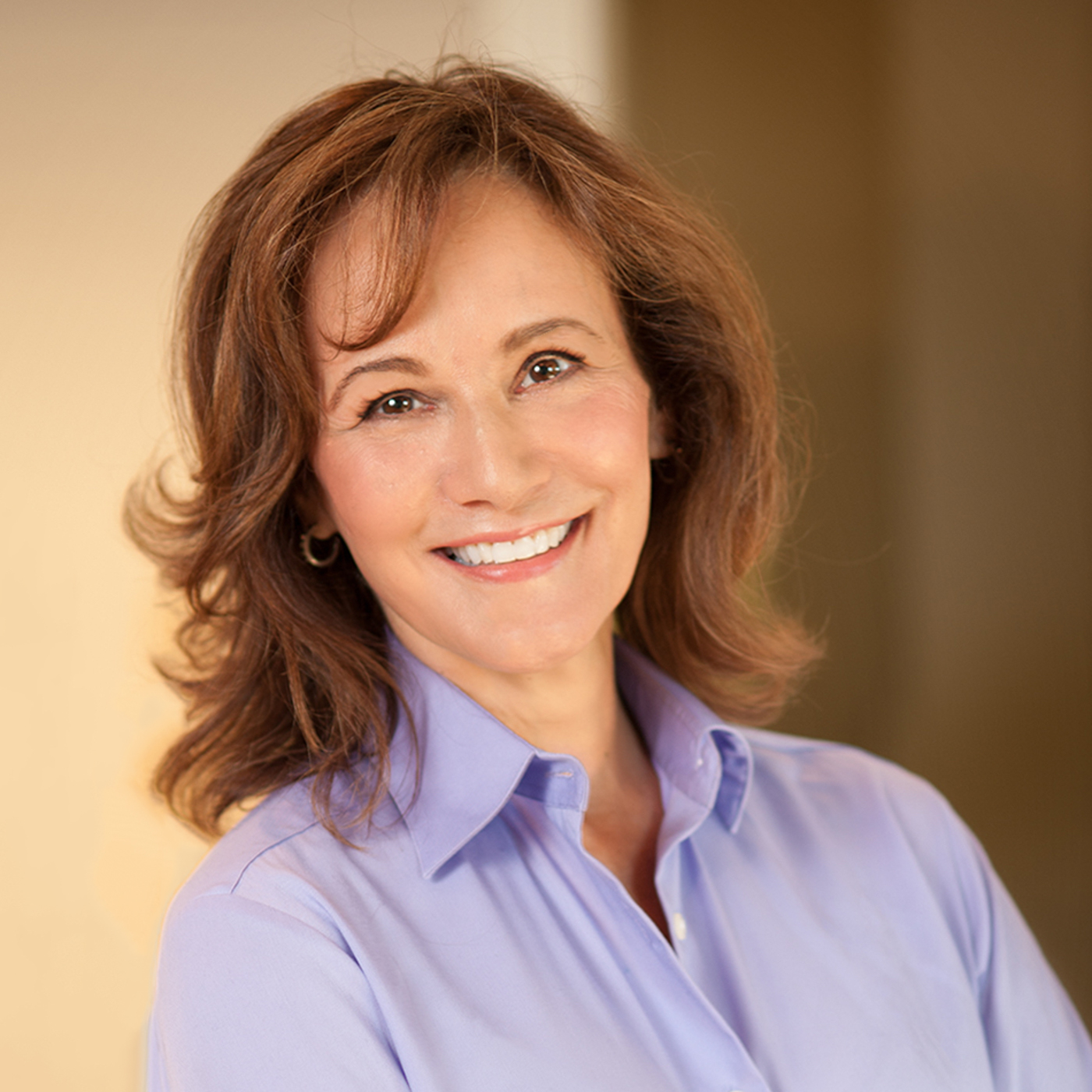Nurses Will Forge New Territory With Biosimilars in Cancer Care
Although cancer biosimilars have been used in European countries and in U.S. supportive care for some time, biologic medications are still new to cancer treatment in the United States. With greater support coming in at the federal level and from agencies like the U.S. Food and Drug Administration (FDA) and Federal Trade Commission (https://voice.ons.org/advocacy/health-care-at-iowa-caucus-fda-biologic-market-flavored-e-cigarette-pod-ban), the rising biosimilar tide could soon reach a new highwater mark for healthcare professionals—and nurses specifically.

“With biosimilars in cancer treatment, there’s been a lot of concerns about if they’re going to be as effective as traditional drugs. Will they be safe? Will they be cost effective for patients?” ONS Chief Clinical Officer Lisa Kennedy Sheldon, PhD, APRN, AOCNP®, FAAN, said. “Biosimilars in supportive care—like those for filgastrim and pegfilgastrim—have been in practice for several years now, but it’s only within the last year and a half that we’ve had biosimilars for cancer treatments specifically.”
Throughout Europe, more than 40 different biosimilar treatments for cancer (https://www.nature.com/articles/s41416-019-0480-z) have been approved for practice since 2006. The United States currently has three: biosimilars for trastuzumab, rituximab, bevacizumab. FDA approves biosimilars through a different pathway than their originator drugs. More specifically, clinical trials aren’t conducted because the biosimilar is the same as the originator drug but manufactured through a new process, creating larger molecules. Despite the slow U.S. adoption of biosimilars for cancer treatment, Kennedy Sheldon said it’s important that nurses understand the drugs’ particulars (https://www.ons.org/podcasts/episode-79-nurses-need-biosimilars-education-and-resources) to provide clear education to their patients.
In October 2019, HealthyWomen, a nonprofit organization focused on women’s health, held a biosimilar conference to examine ways women can take an active role in their health care through understanding and embracing biosimilars. Kennedy Sheldon spoke on the panel session “Biosimilars and Women’s Health: Challenges and Opportunities for Women’s Access to Treatment,” alongside Virginia Ladd, advisor to the president and founder of American Autoimmune Related Diseases Association, and Anna Hyde, MA, vice president of advocacy and access at the Arthritis Foundation, to provide the nurse’s perspective on emerging trends in biosimilars and how the medications are being used in cancer care.
Highlighting the Role of Nurses
The panel discussed the implications of biosimilars and the nurse practitioner’s role—inside and outside of the oncology nursing specialty—when prescribing, adjusting, and monitoring biosimilar medications.
“We had a great panel conversation with an audience of members from industry and patient advocacy groups. As the chat began, the focus was very doctor-centric, pertaining to prescribing biosimilars—especially when caring for people with rheumatoid arthritis. But it started to highlight the fact that nurse practitioners were not being involved in this conversation,” Kennedy Sheldon said. “As healthcare professionals who prescribe medications, adjust dosing, order renewals, and monitor effectiveness and adverse events, nurse practitioners need to be part of the larger biosimilar discussion. Their roles will likely grow in the future, and they need to be involved in the higher-level discussions about the use of biosimilars in health care in the U.S.”
Patient education and understanding are key to implementing new treatments in practice (https://www.ons.org/podcasts/episode-84-need-biosimilar-patient-education), and nurses fill a central role in conversations about safety, efficacy, and cost. Yet, in the oncology space, nurses haven’t been inundated with questions about biosimilars like some industry professionals anticipated.
“Cost savings has been a big part of the push for biosimilars, which we haven’t really seen so far. Some originator drugs can cost nearly $18,000 per dose, and that’s a lot of money, especially when the industry is suggesting that biosimilars could save up to 20% of that cost,” Kennedy Sheldon said. “It’s a part of the discussion for nurses, sure, but it’s not the only part. In fact, nurses must really prioritize the efficacy and safety of a drug before even considering the cost implications for patients. Beyond that, most nurses haven’t received any formal education or training about cost and its impact on care, so it’s entirely new territory for them to learn.”
The cost of care is a major issue in American health policy (https://voice.ons.org/topic/patient-financial-advocacy) and for patients across the country. Nurses will face questions about how new medications and treatments could affect patients financially. They’re in an integral position to learn and become experts, provide patients with guidance and education, and to connect their patients to resources that can help.
Championing the Nurse’s Voice
Ultimately, Kennedy Sheldon said that nurses must have a role in larger conversations about new drugs, treatments, and outcomes for oncology practice. Whether it’s biosimilars or the next big thing, nurses are vital stakeholders and must support their patients.
“Nurses have to be out there talking about the implications of new drugs, cost of care, and advocating for patients. We have the professional obligation and honor of being the most trusted profession in the United States (https://news.gallup.com/poll/274673/nurses-continue-rate-highest-honesty-ethics.aspx) for 18 years in a row,” Kennedy Sheldon said. “We have the trust of the public, and we have the responsibility to speak up and advocate for patients and their issues.”
